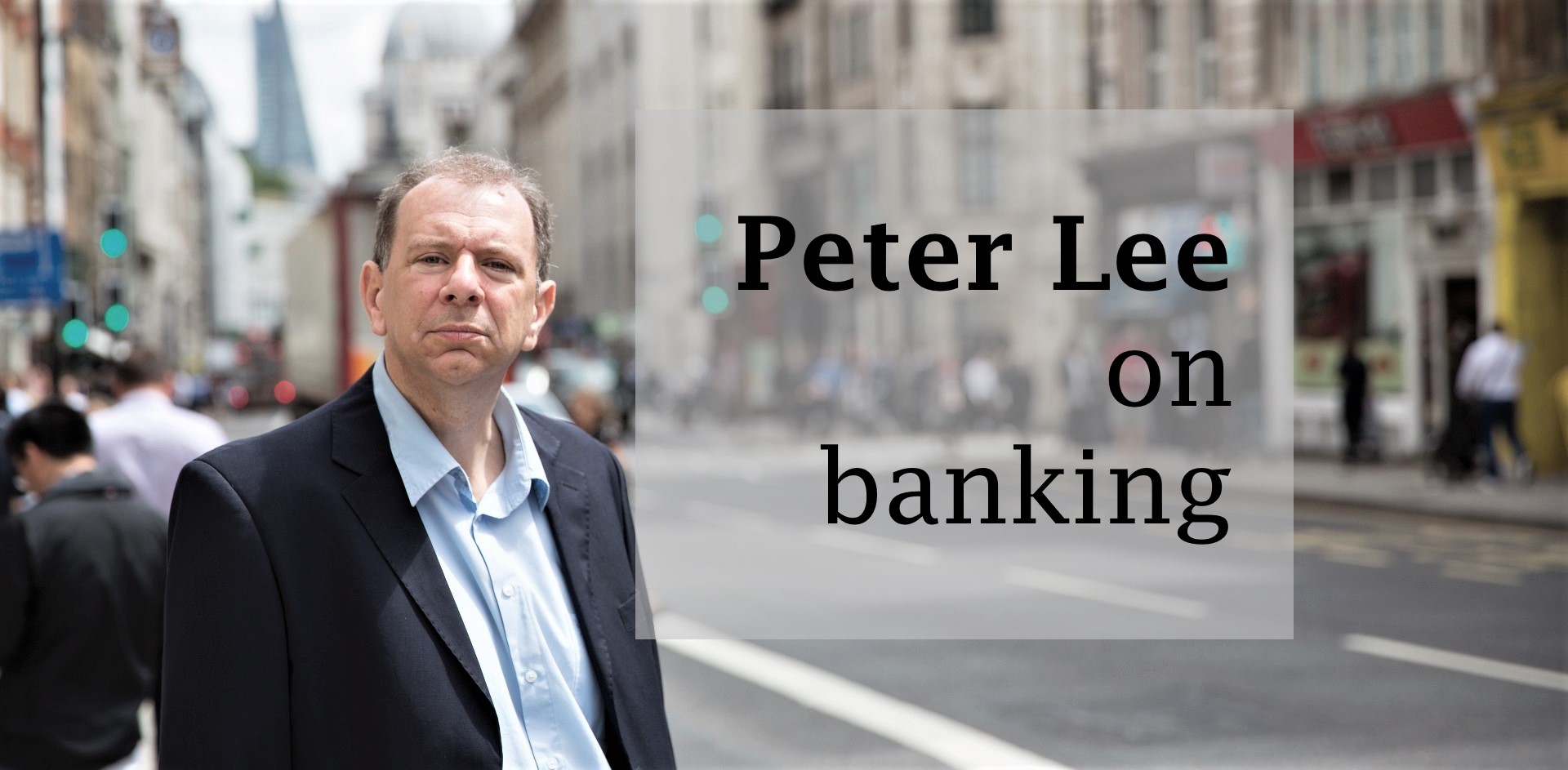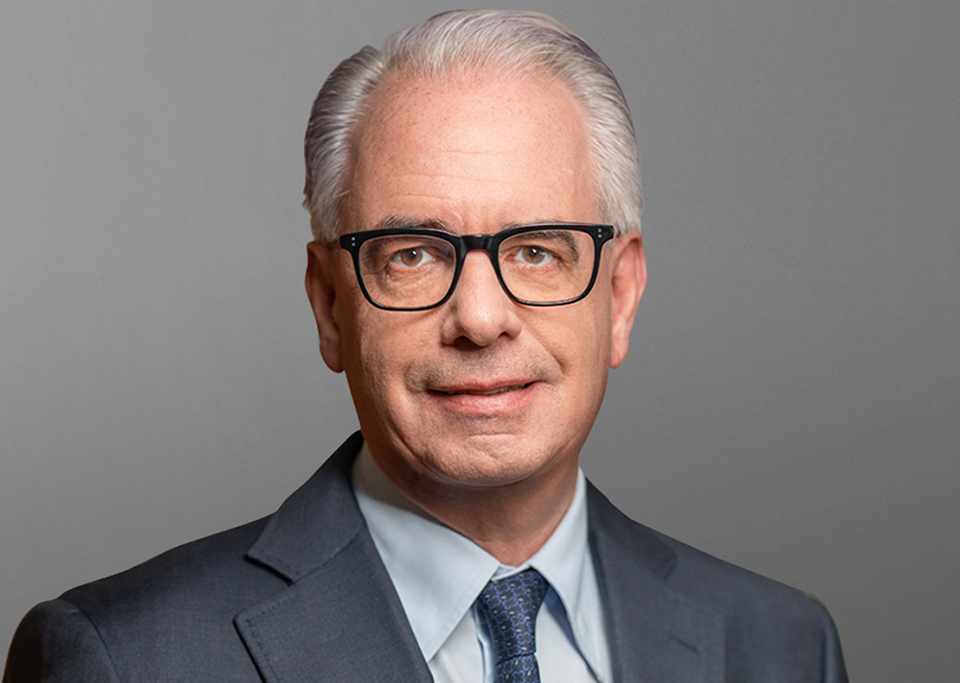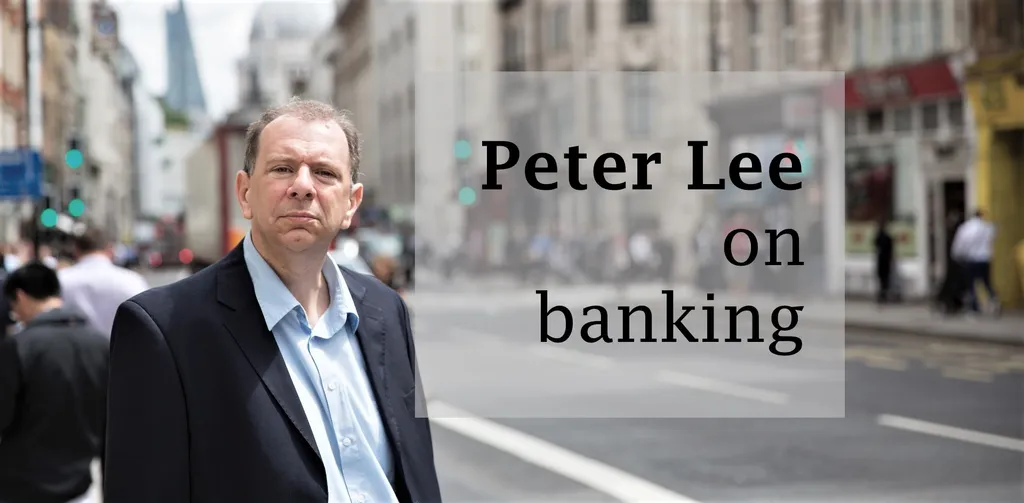
Those profit warnings come round earlier every year.
Credit Suisse today stated that not only will its shrinking investment bank – now in the midst of a complex restructuring – report a loss for the first quarter of 2023, so too will the signature wealth management business on which the Swiss bank is betting its future.
What is more, the entire group will make a substantial pre-tax loss for the whole of 2023. It hopes to return to profitability, but not until 2024.
Most striking from today’s announcement of fourth-quarter and full-year 2022 results is the scale of damage to that famous wealth management franchise.
Wealth management suffered net asset outflows of SFr92.7billion ($101 billion) in the fourth quarter of last year, and while 85% of those came in October and November – before Credit Suisse had completed a capital raise – and then slowed thereafter, what was once a growth business now looks like one that needs expensive restructuring just to stabilize it.
Amit Goel, analyst at Barclays, notes: “The group had already pre-announced a SFr1.5 billion pre-tax loss for the quarter, but the results were still worse than our expectations, with far larger outflows in wealth management.”
And while chief executive Ulrich Körner and chief financial officer Dixit Joshi tried to focus attention on rapid progress in cost-cutting, they found it difficult to convince analysts that the bank can quickly regain those assets without eating into margins in wealth management.
A plan
All banks face the challenge that savers and investors can now earn much more on government bonds than on bank deposits, which are inherently riskier. The cost of deposits may be lower than for wholesale funding, but the price of both is still going up.
Körner says that “in January, we saw inflows of deposits in wealth management and Apac [Asia Pacific]. Clients remain overwhelmingly supportive.”
However, even if few have turned their backs entirely and closed accounts, it seems that many wealth management clients will need to see more progress on the bank’s restructuring before being convinced to return business to Credit Suisse.
Next to all the problems in wealth management, the vexed question of how to restructure the investment bank may at first look less important
Deposits are the first to walk – or run – in a crisis and the first to return. It remains to be seen how quickly the net new assets on which the bank earns fees might start to flow back – and what concessions it must offer to secure them.
“We have a plan to restore the wealth management business to profitability,” says Körner.
It is quite a comedown to talk about the bank’s key business in this way, more reminiscent of how it traditionally talks about the investment bank.
This is now the core of the Credit Suisse story. The bank has begun what Körner calls an “unprecedented outreach programme” to 10,000 wealth clients. These are customers its relationship managers are meant to deal with regularly anyway, so shareholders must worry that “outreach” is code for negotiating fee reductions.
Andrew Coombs, analyst at Citi, says: “Management attempted to put a brave face on a very challenging situation. Near-term losses look set to be even higher than anticipated and execution risk remains very high, with the risk of sizeable franchise erosion and subsequent revenue attrition, most notably in the markets businesses.”
The other problem
Next to all the problems in wealth management, the vexed question of how to restructure the investment bank may at first look less important.
But this division has been at the heart of Credit Suisse’s losses and risk-management failures, and it needs to fix it too. Both its capital raising and advisory capabilities, as well as the bank’s markets trading businesses, are essential to the wealth management business, most notably to the ultra-high net-worth clients in Asia that Credit Suisse has traditionally done well with.

Today, the bank confirmed that it had paid $175 million to acquire M Klein & Co and thus secure the services of that firm’s chief executive and former Credit Suisse board director Michael Klein as chief executive officer of banking and of the Americas, as well as CEO-designate of CS First Boston.
This is the first step in carving out the investment bank as a balance-sheet-light capital markets and advisory business that will next attract third-party capital and eventually IPO, maybe in late 2024 or 2025.
The niggle here for shareholders is whether the former director will out-negotiate his new boss.
Körner says that Credit Suisse is paying a single-digit price-to-earnings multiple for a boutique that will enhance its advisory capabilities and be earnings-accretive. It is only costing 10 basis points of common equity tier-1 (CET1).
Just to be on the safe side, Deutsche Bank provided a fairness opinion to the board on the acquisition.
Credit Suisse certainly needs to enhance its advisory capabilities because its M&A bankers have been quitting in droves. Consideration will be paid in a note convertible into shares of CS First Boston – come the IPO of the new investment bank – along with warrants.
The final total cost of the acquisition will be higher because before that IPO happens the notes will pay coupons that could be up to $35 million.
At least this part of the restructuring is going to be great fun to watch.
Klein is smart. He used to run investment banking at Citi when it was a big force in that business before the financial crisis. His 40-strong boutique has since advised on $1.5 trillion-worth of deals, for clients such as Aramco.
Körner says that Credit Suisse will maintain a “long-term strategic partnership with CS First Boston”, which will be headquartered in the US.
He is now in contact with various potential investors in the business.
While it maintains full ownership or majority ownership, perhaps even after the IPO, Credit Suisse can control CS First Boston and will presumably consolidate its results for some years to come.
Common interests
Partnership investment banks are usually poor cost-to-income businesses, but that doesn’t matter to shareholders who are also employees because what they don’t receive as dividend they can always take out in compensation.
But for how long will the interests of Credit Suisse shareholders and new investors in CS First Boston remain aligned? The history of investment banking is littered with conflicts between outside shareholders and the key revenue producers.
Add to that uncertainty the question of where the markets businesses sit. Credit Suisse is looking to cut its use of wholesale funding, and de-risk and reduce the balance sheet. But investment banks rely on markets businesses.
Does Credit Suisse get to keep the balance-sheet-heavy, low-return, volatile and risky markets side while slowly ceding the more attractive business to CS First Boston shareholders? Will there be some kind of joint venture when and if Credit Suisse becomes a minority shareholder?
And what happens if new CS First Boston clients don’t want to use Credit Suisse for markets execution or, trickier yet, retain it to make an unwelcome bid for a business owned by a long-standing UHNW client?
All this lies ahead.
Right now, Körner and his management team have bigger and more pressing concerns.
On the day management reported “strong progress” on restructuring, Credit Suisse shares closed down 14%.




